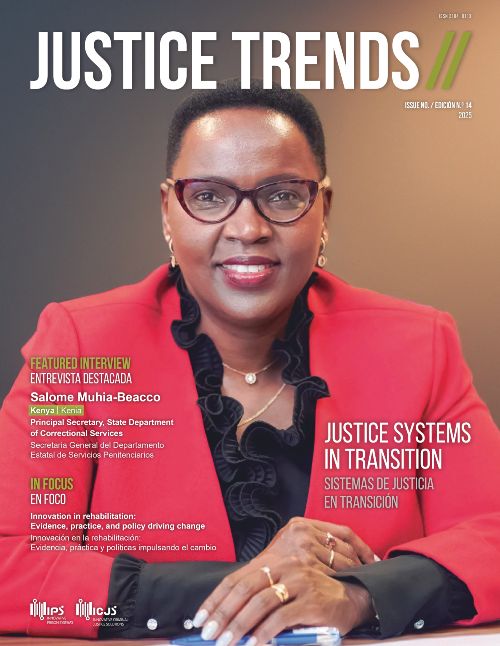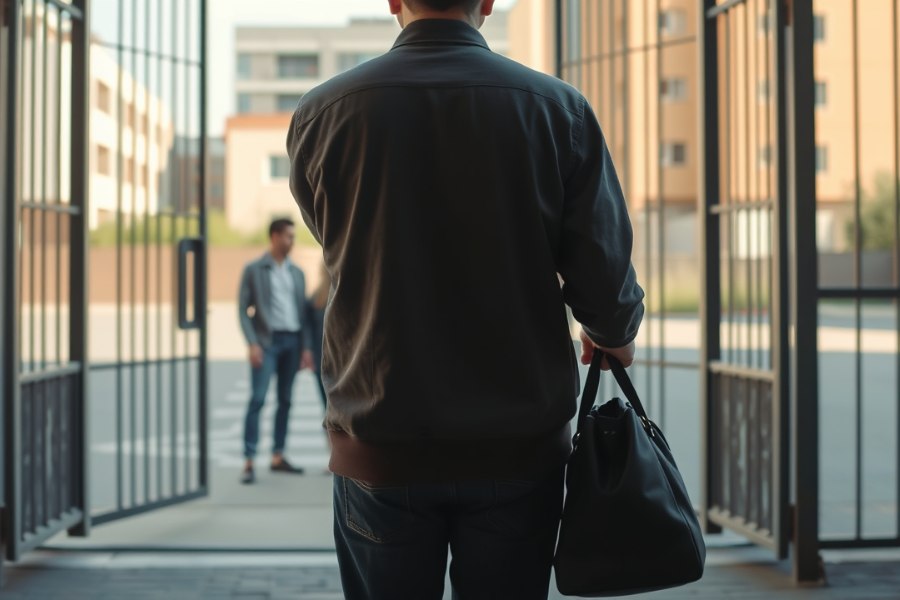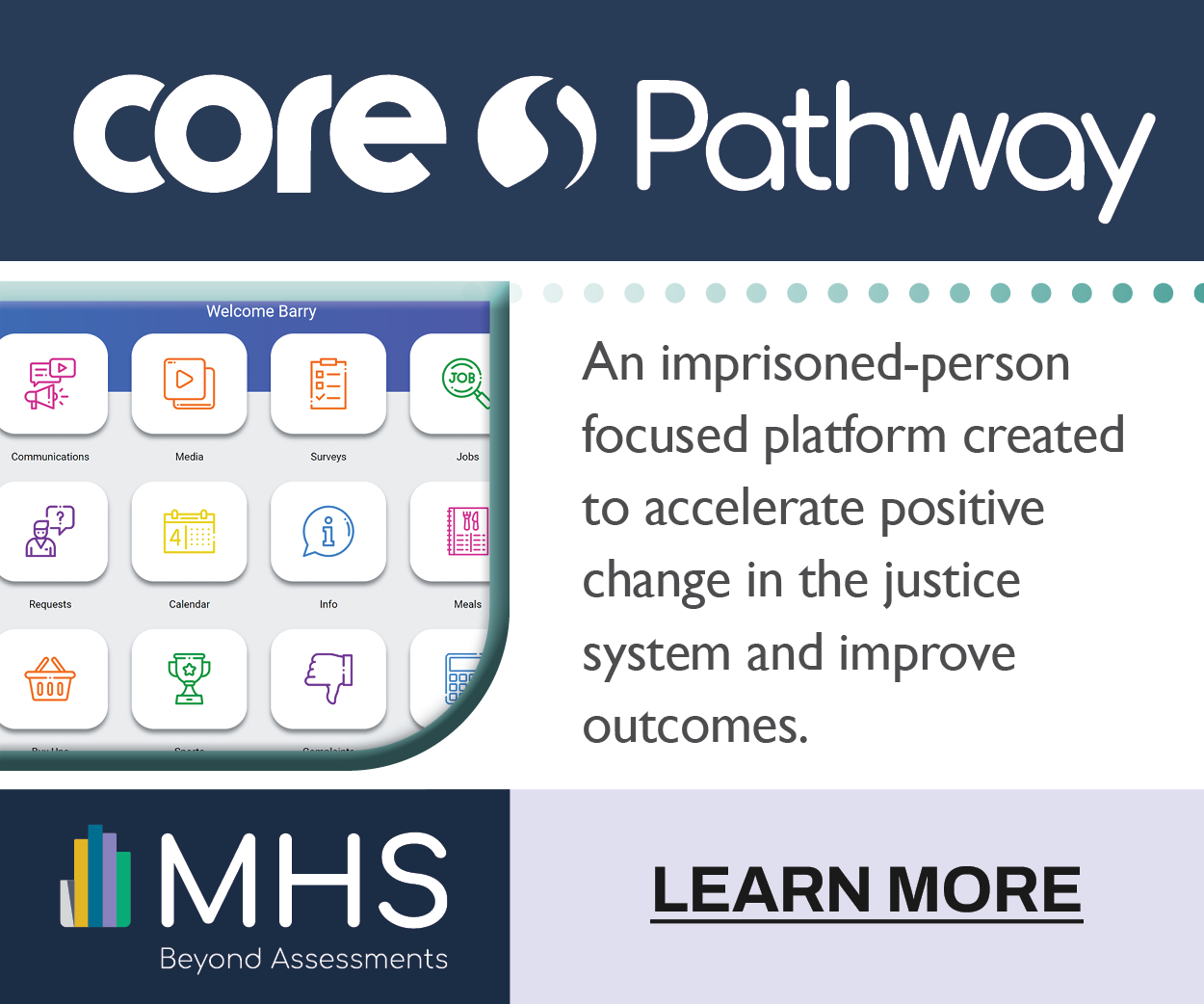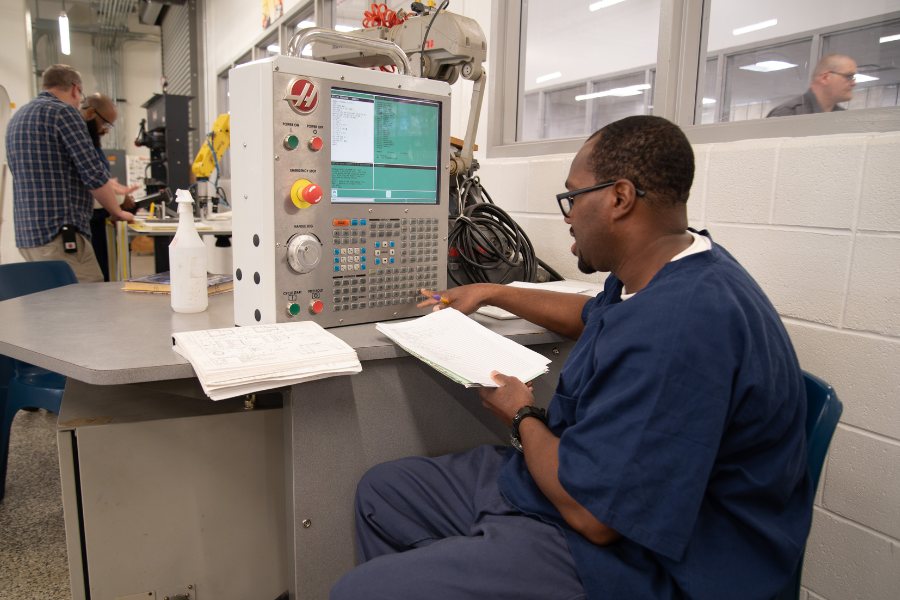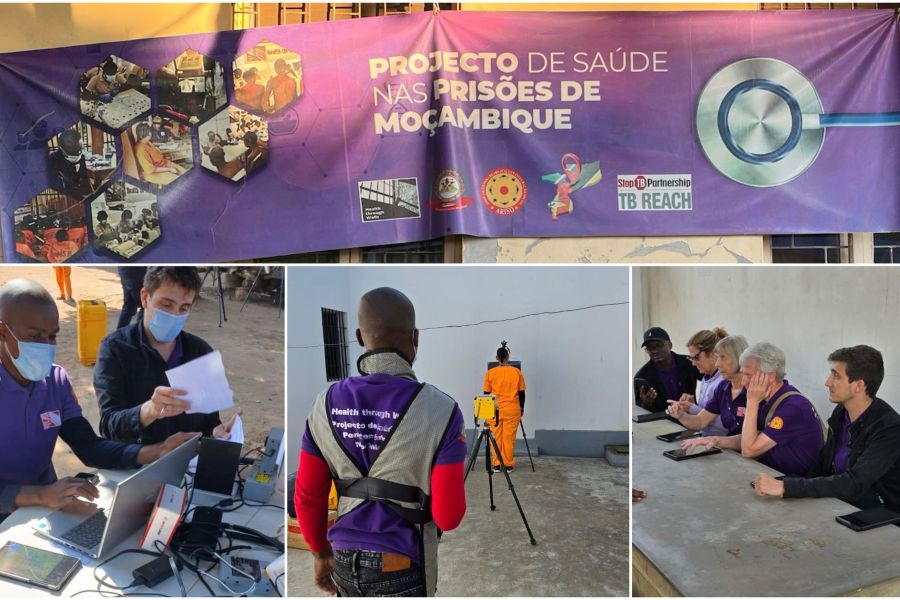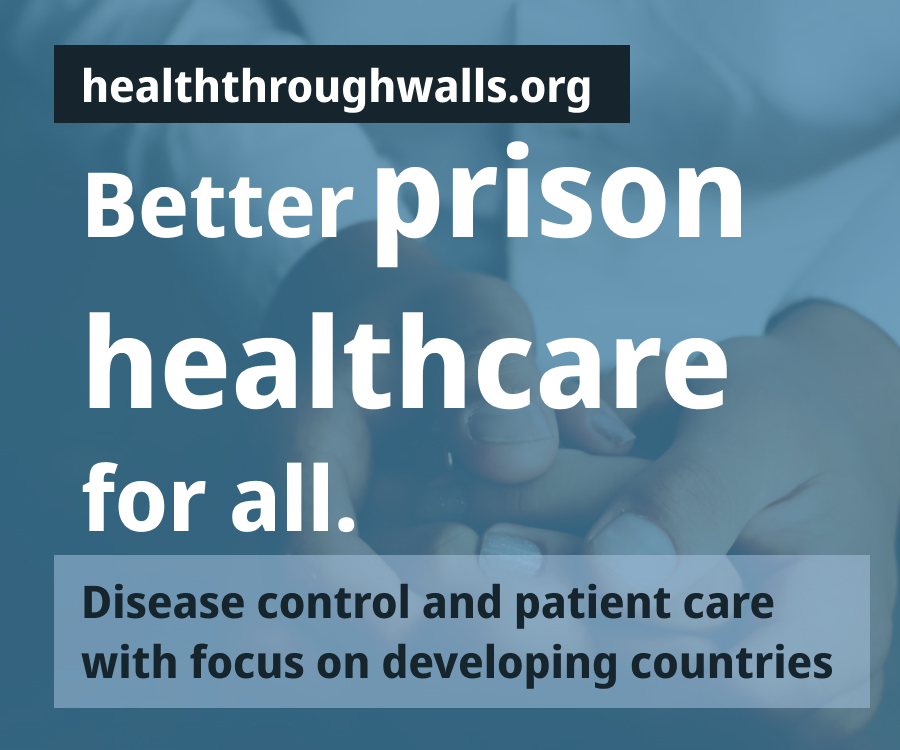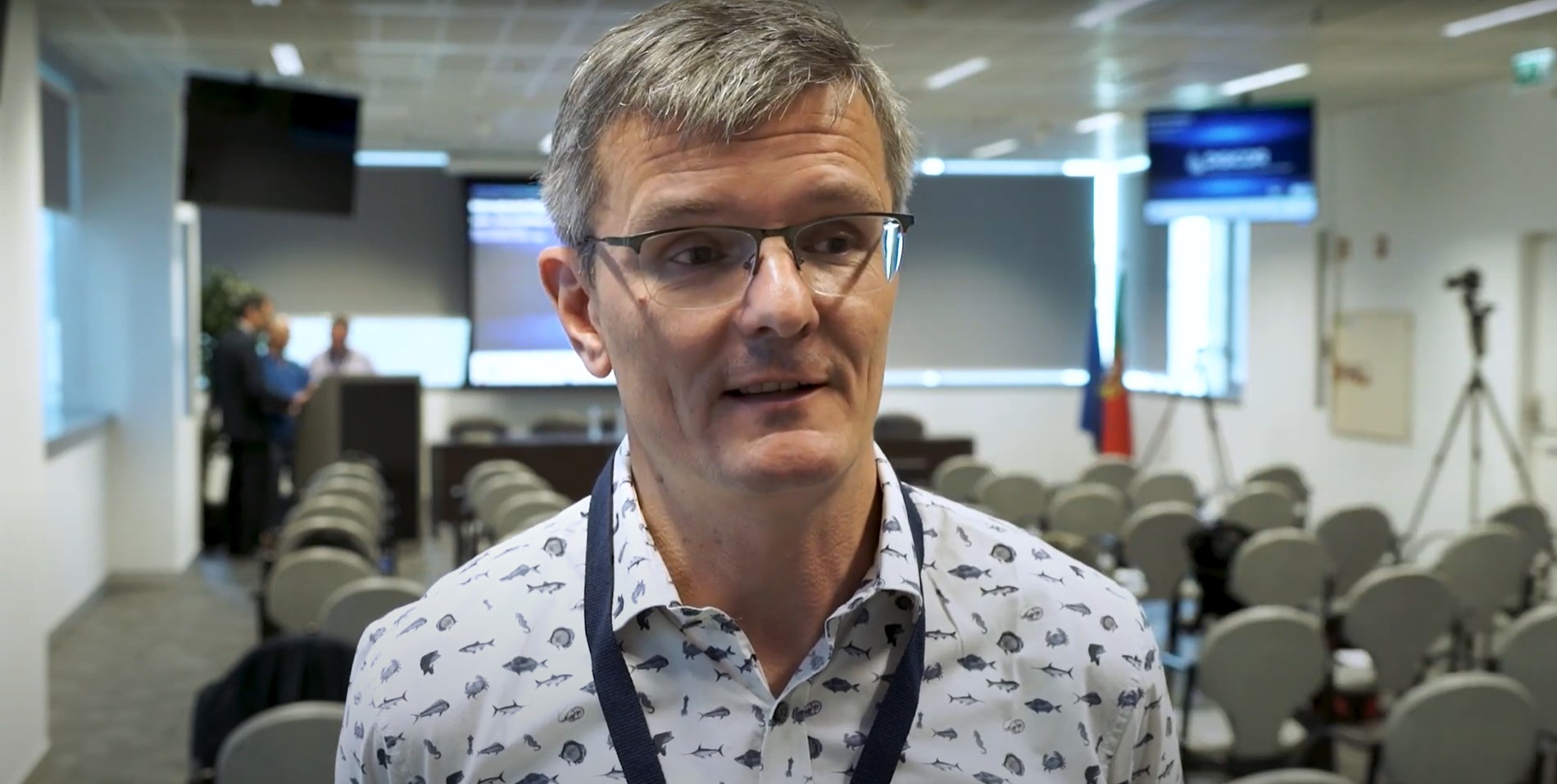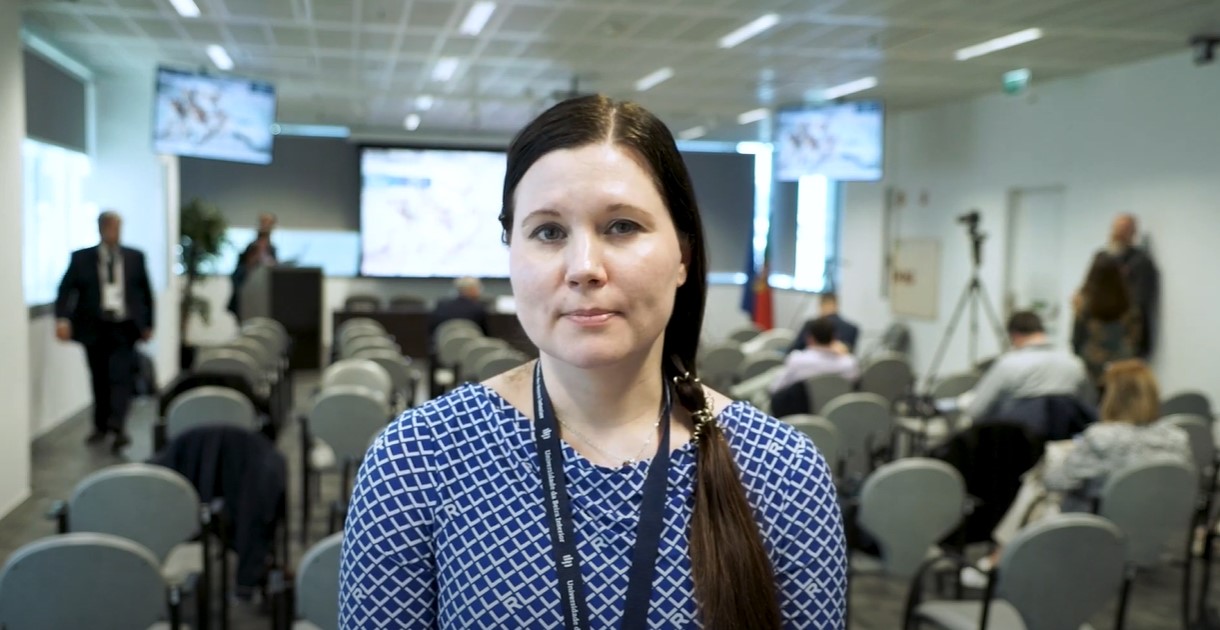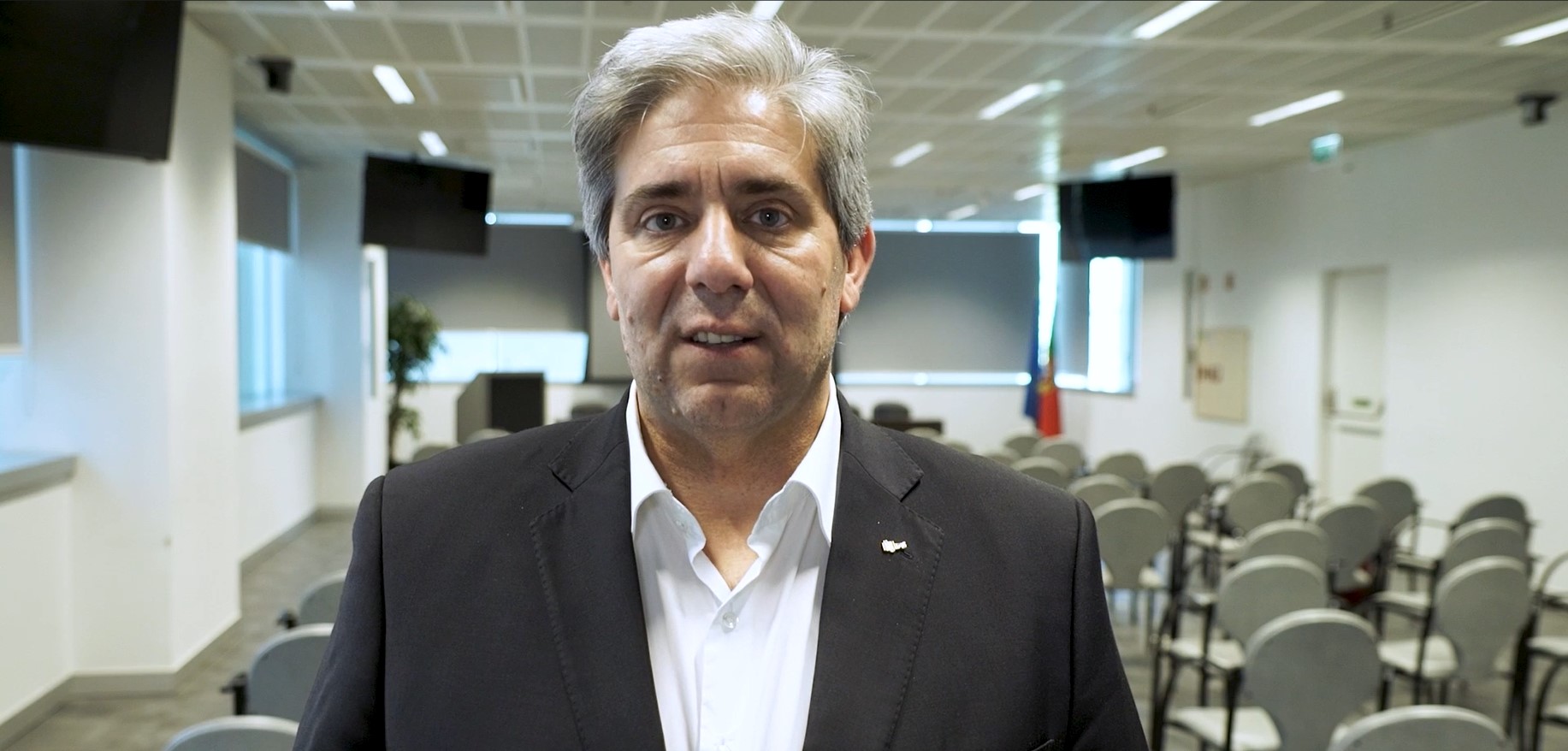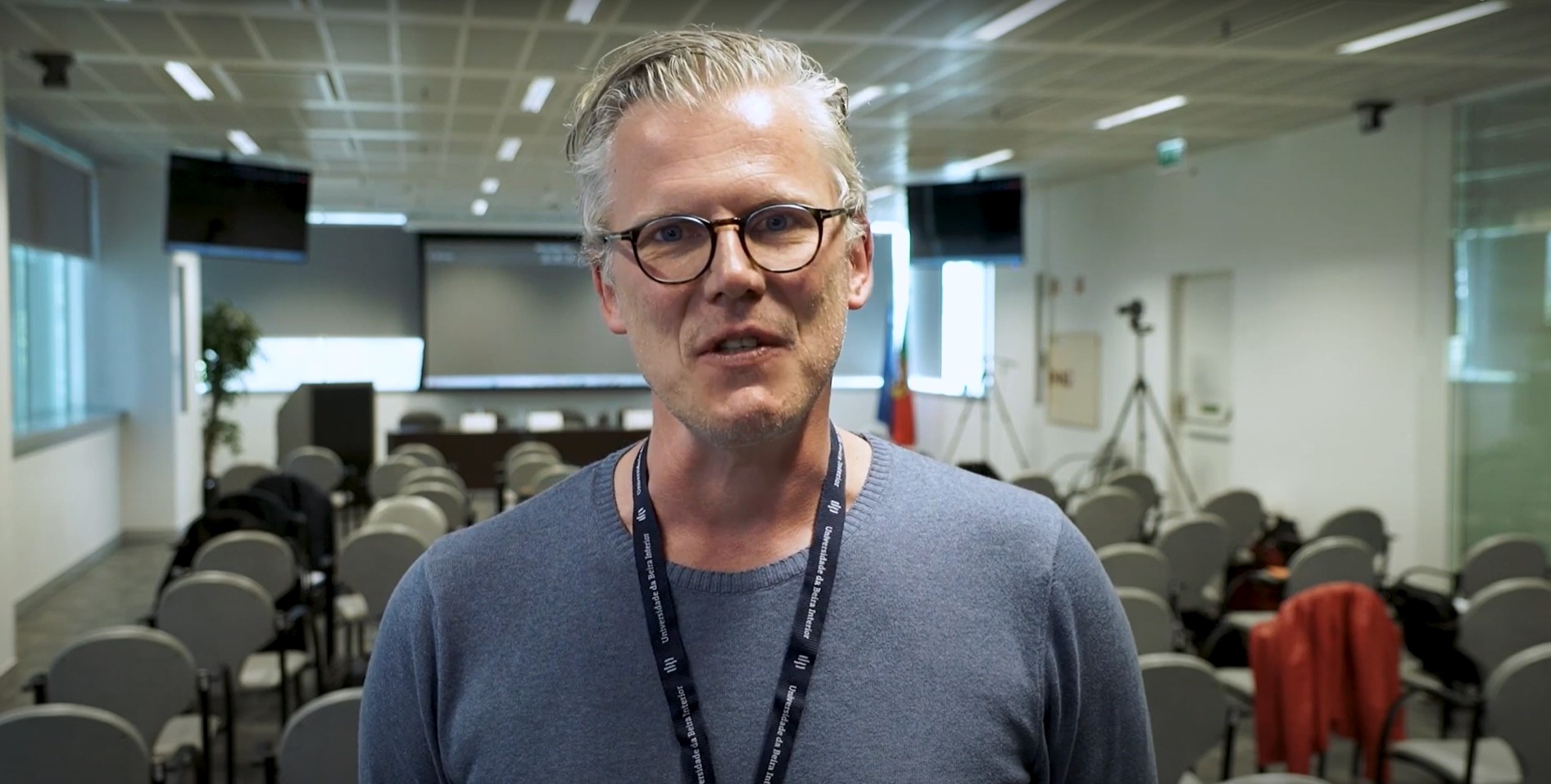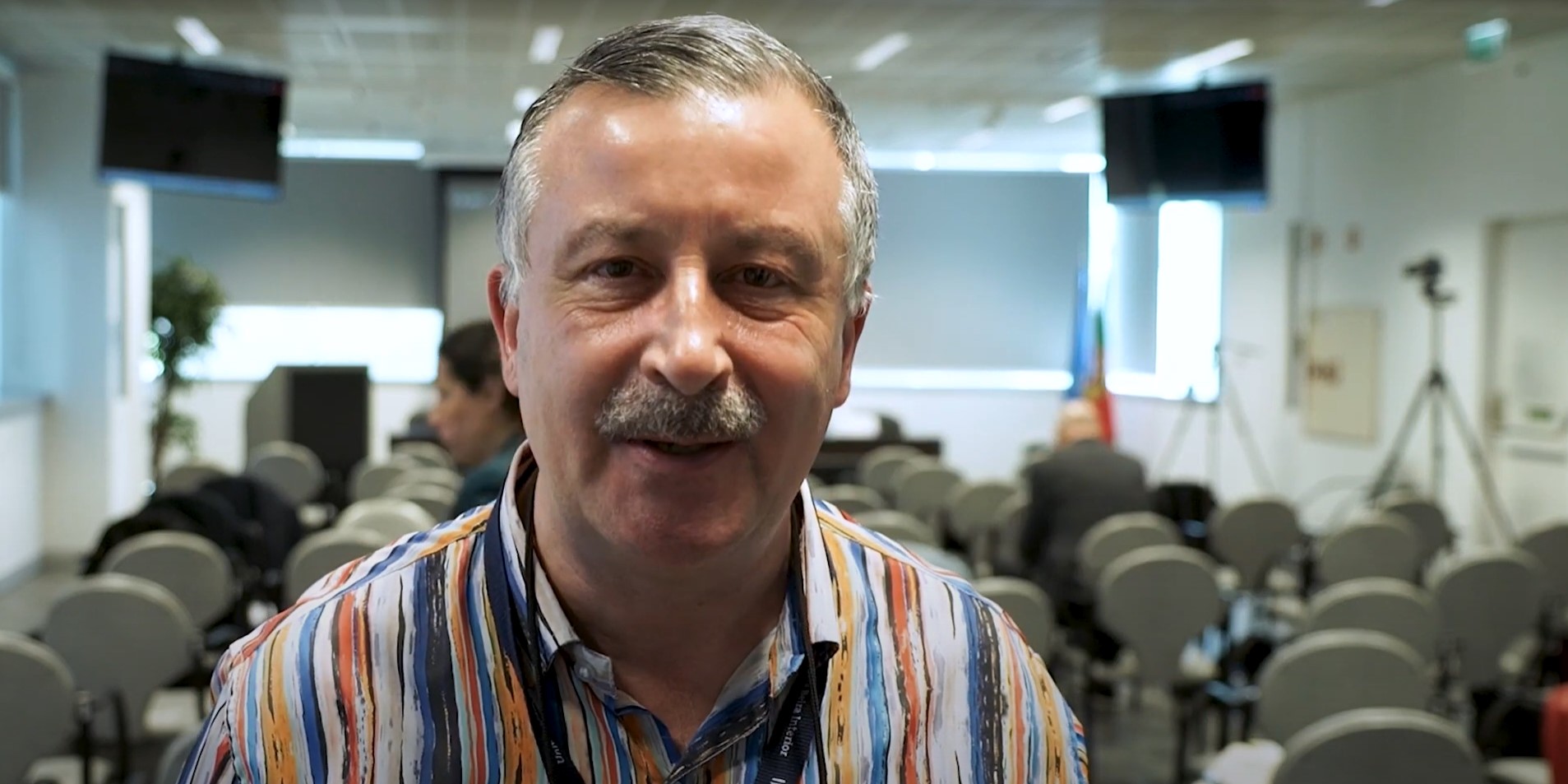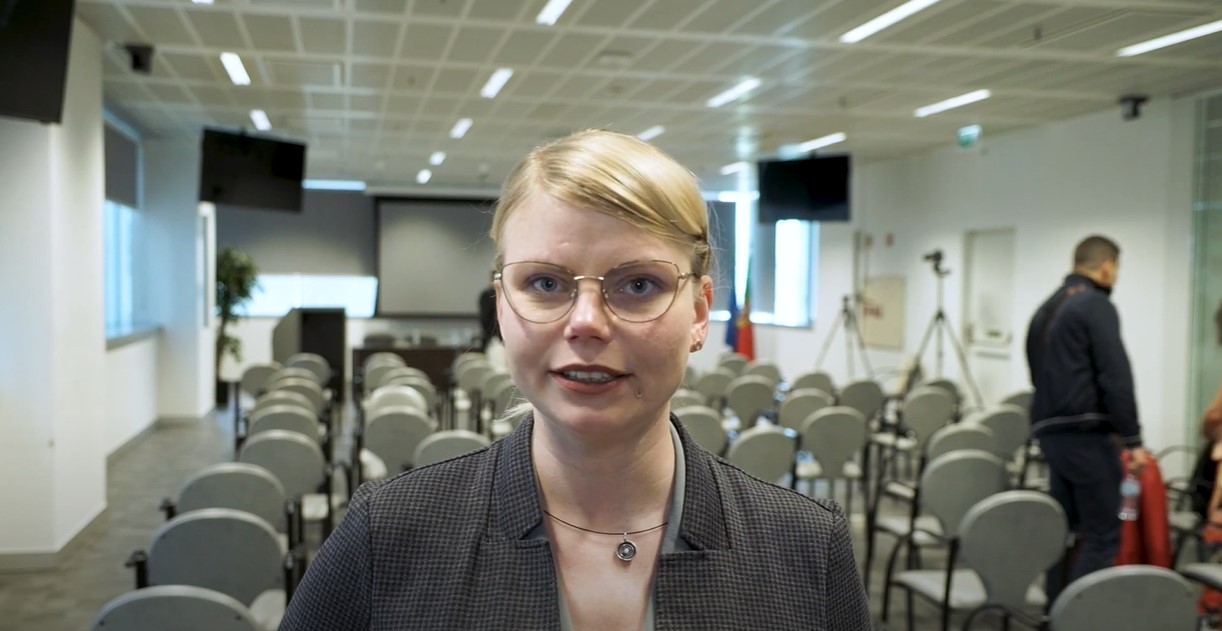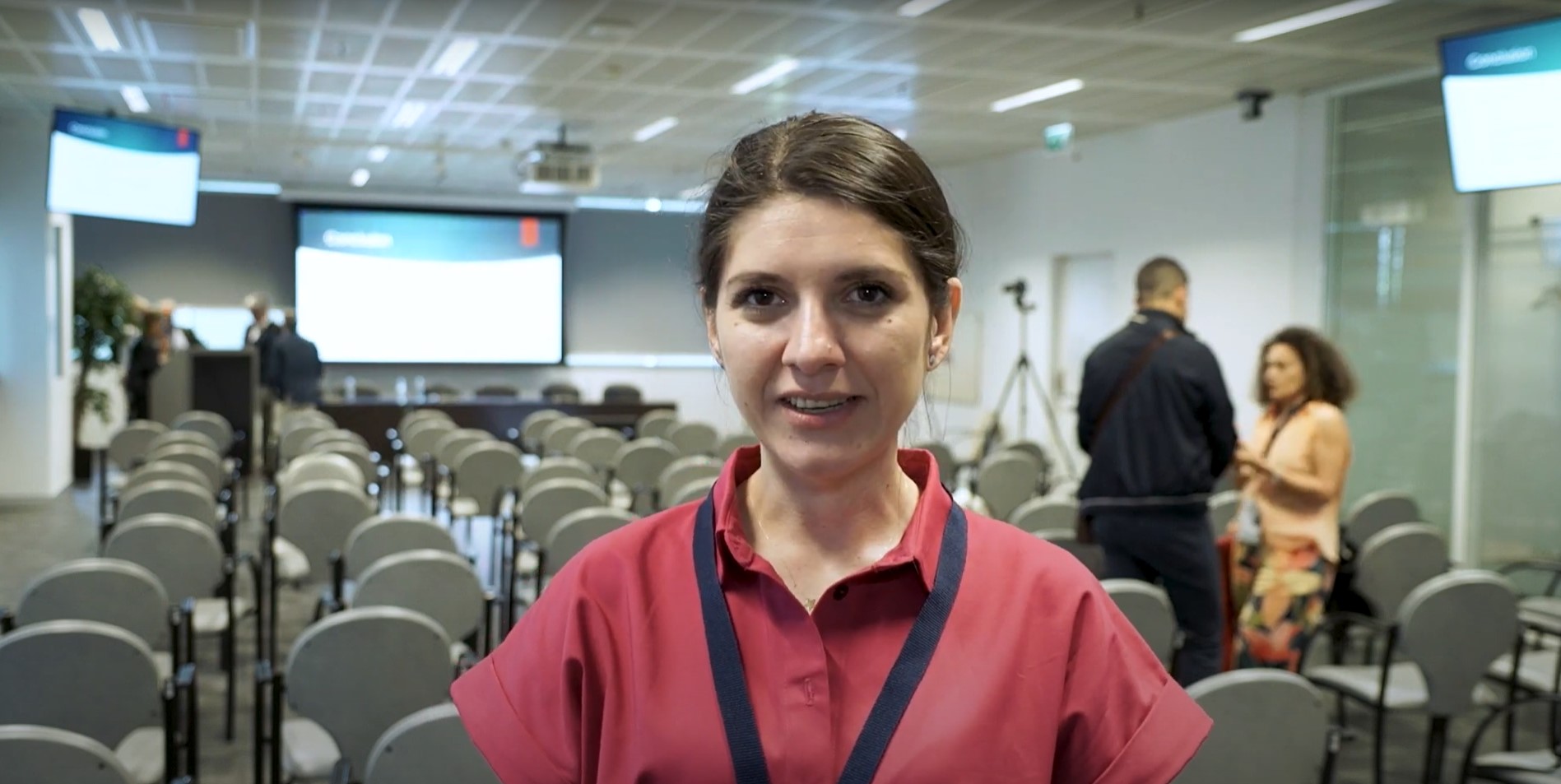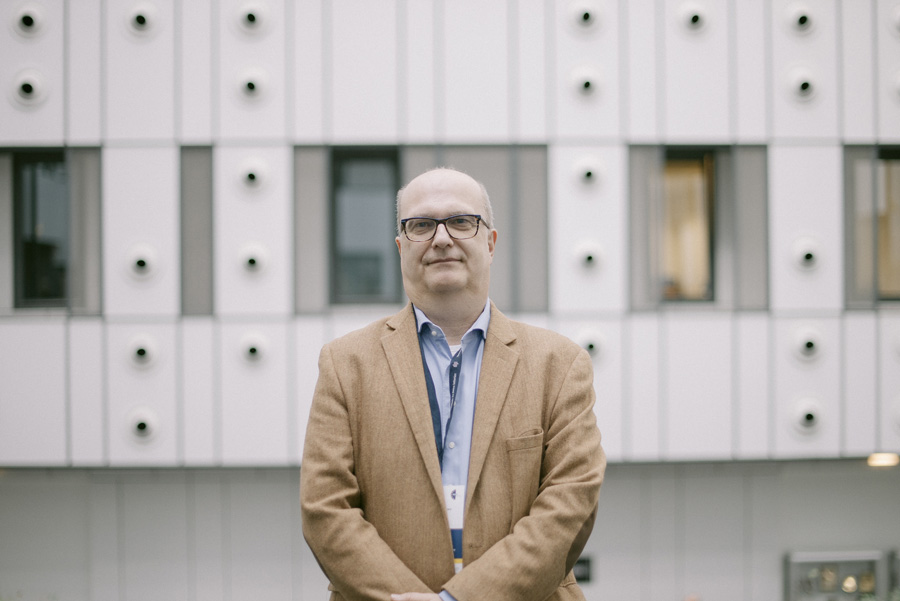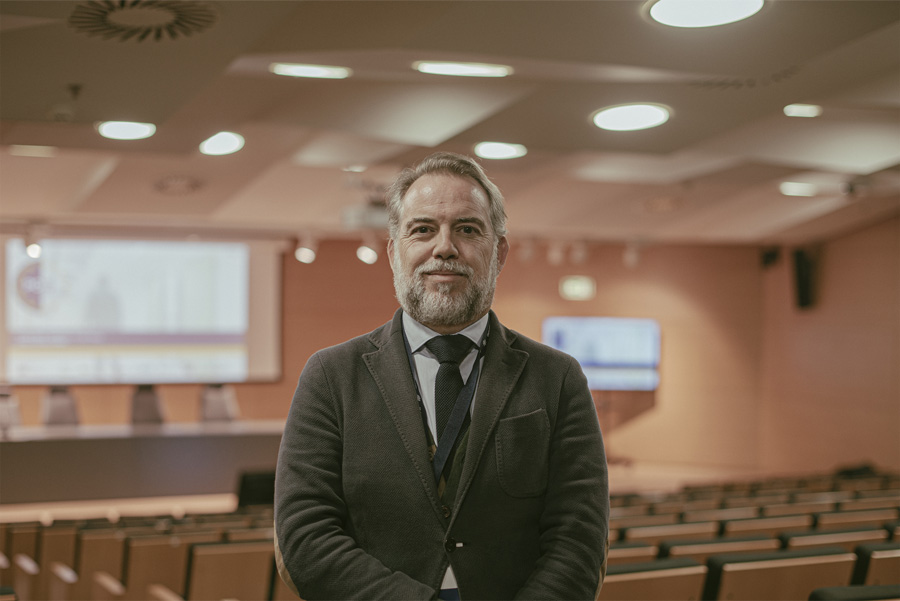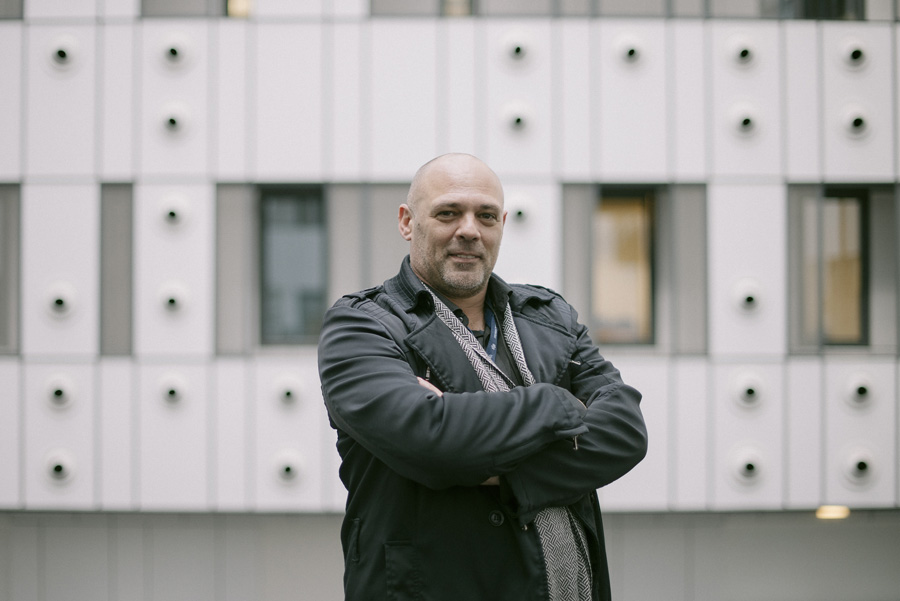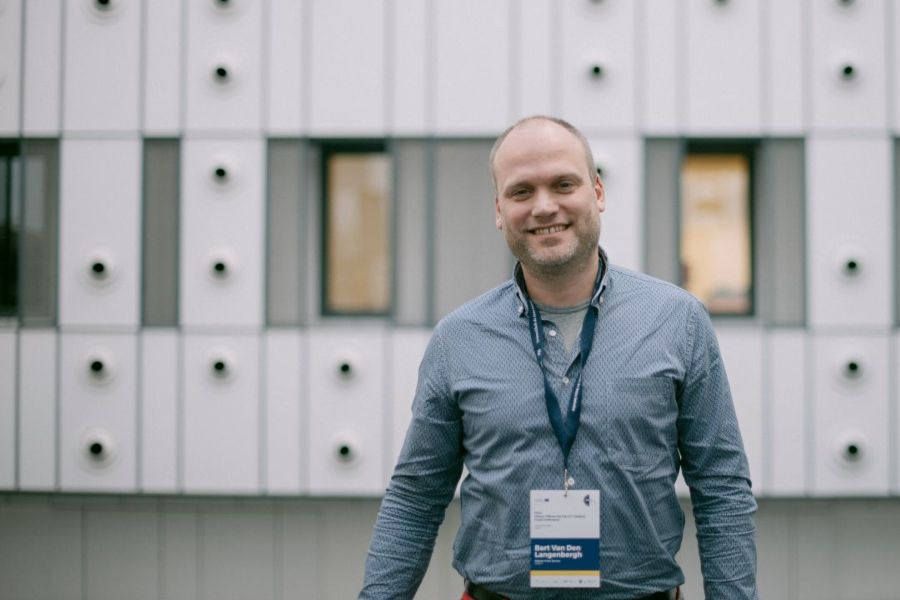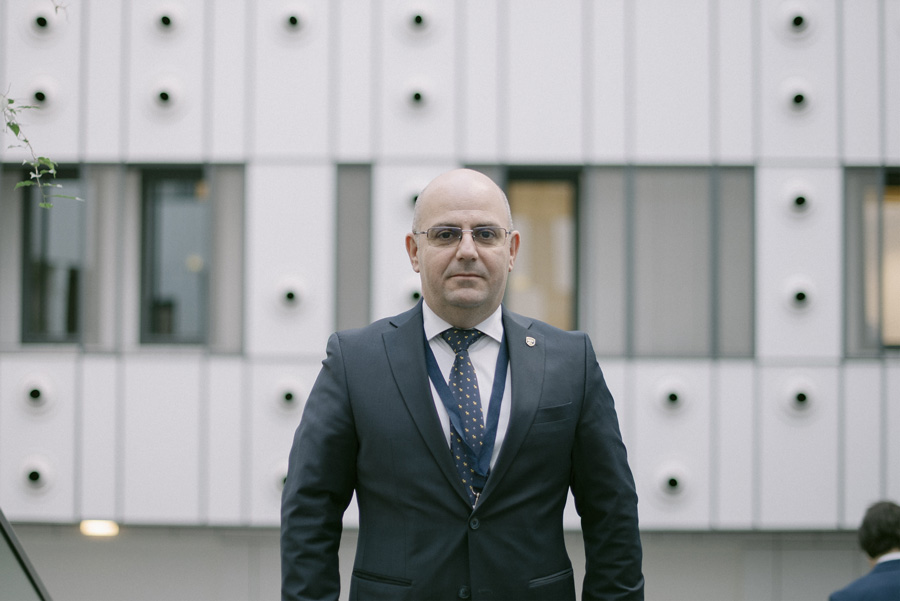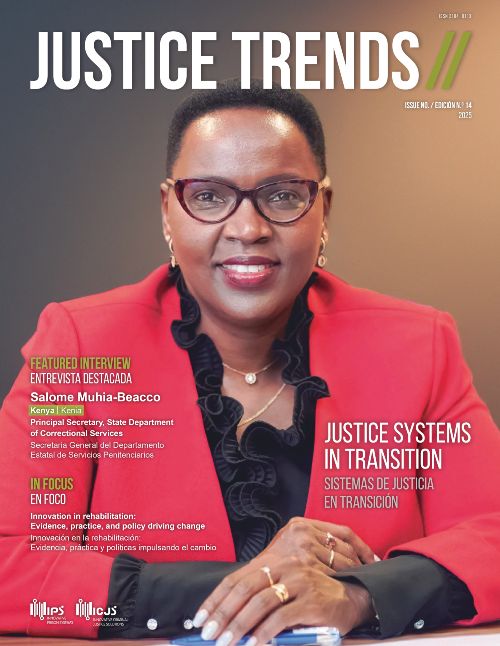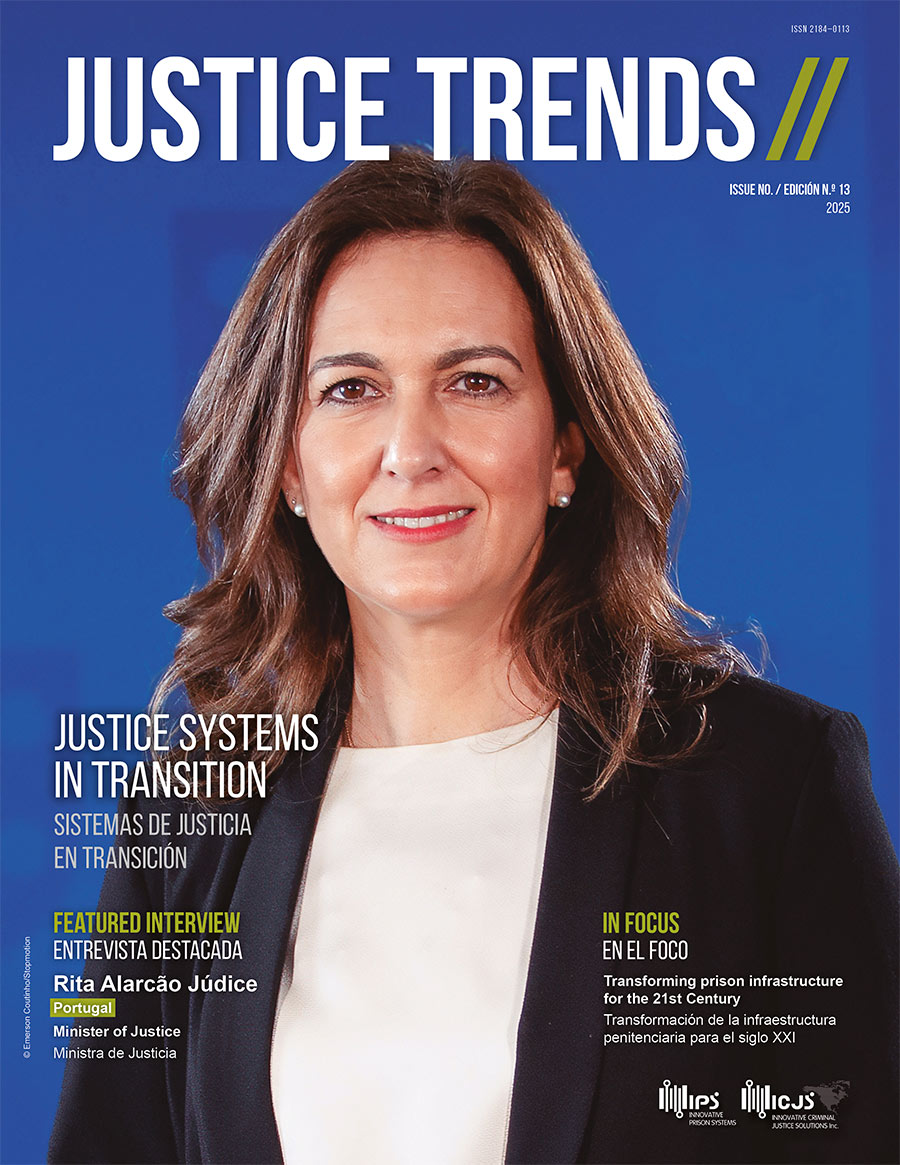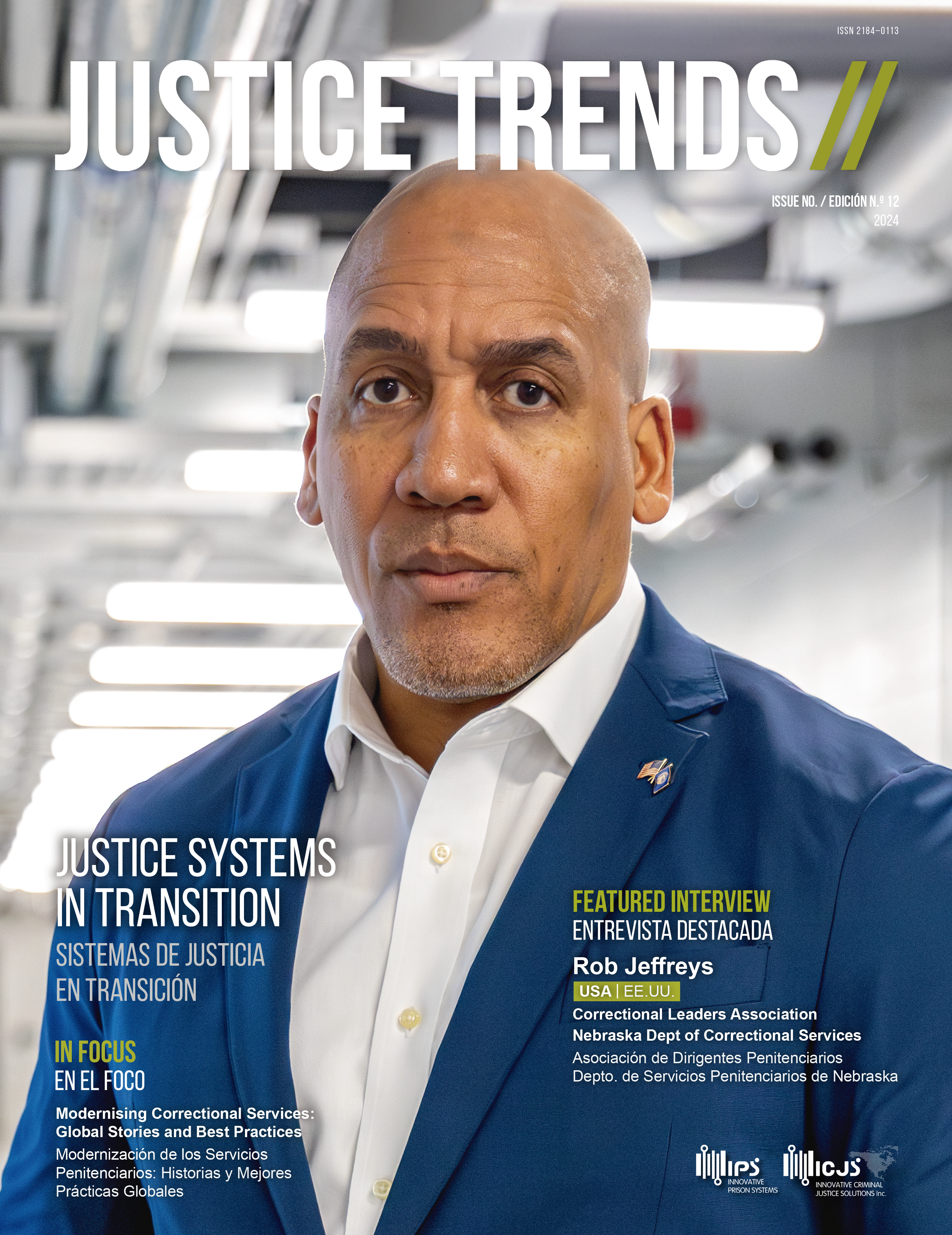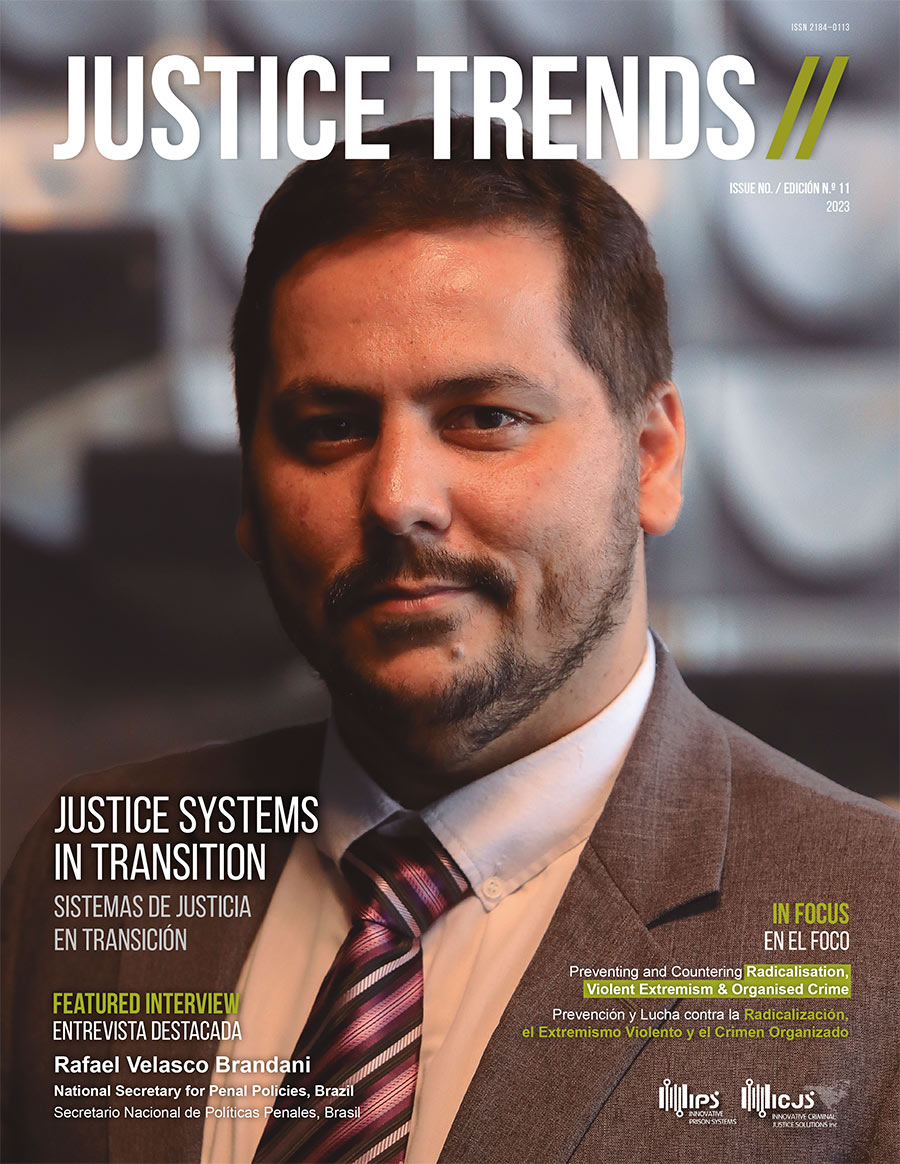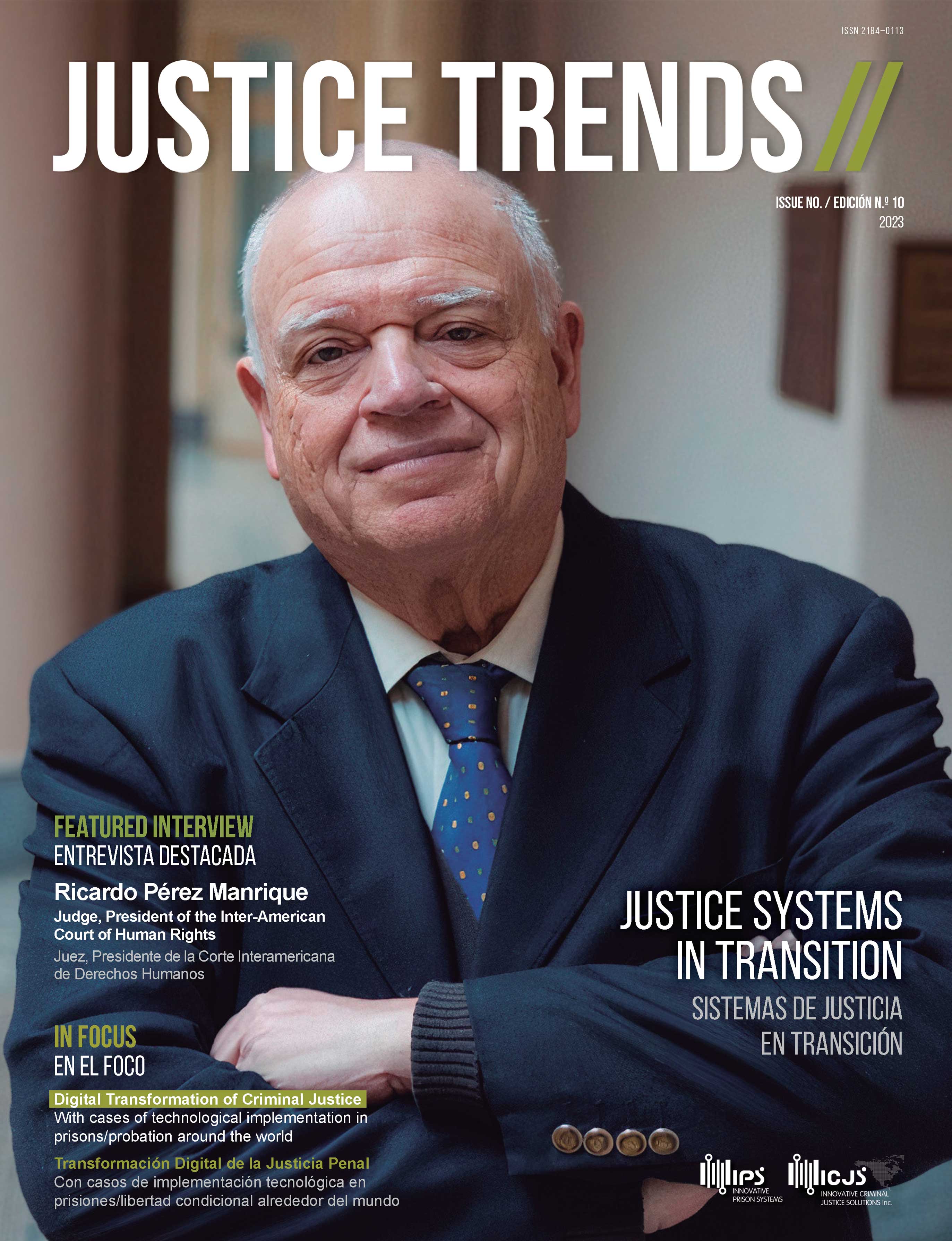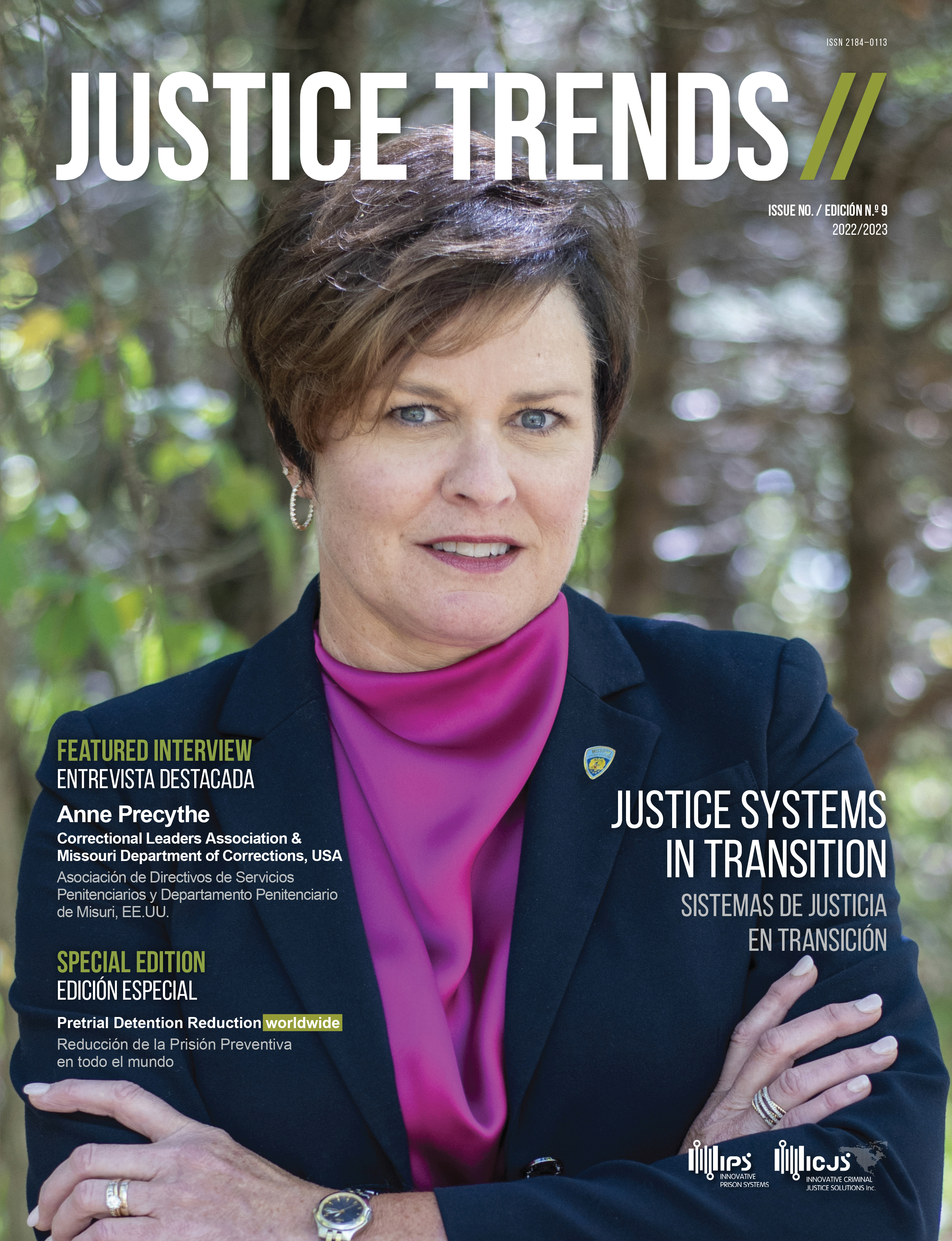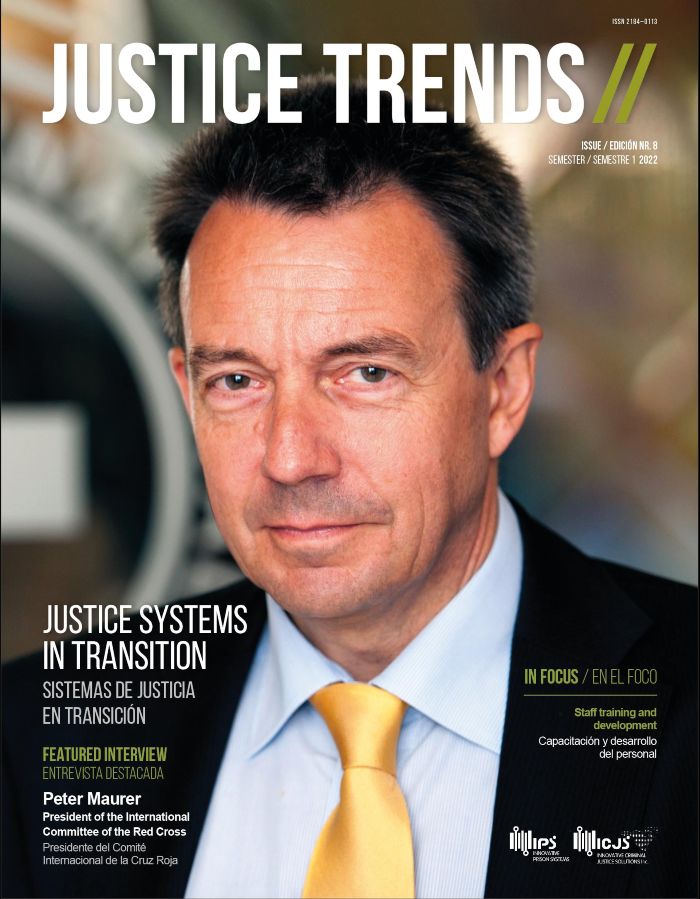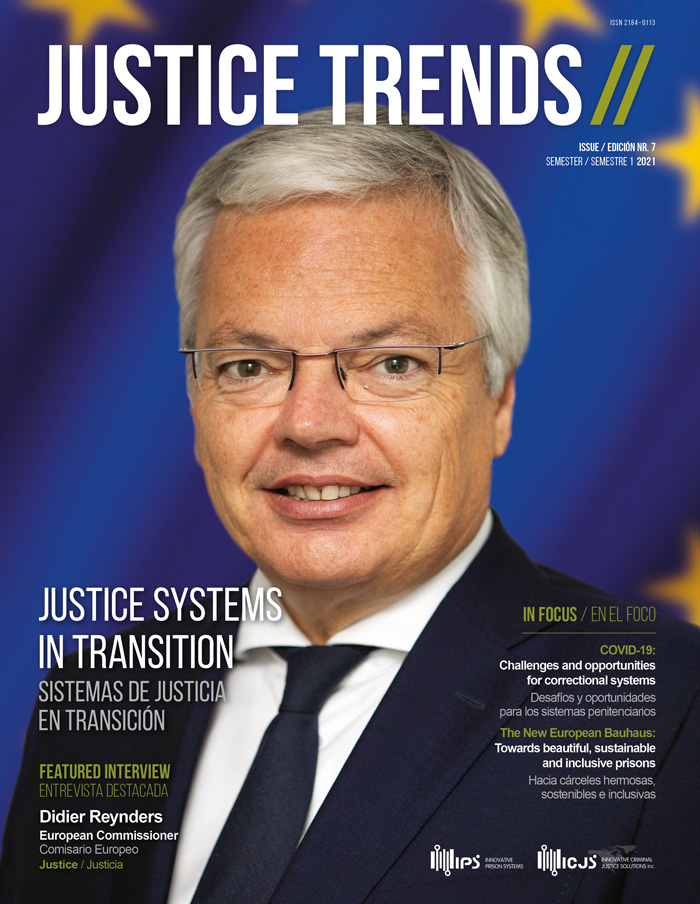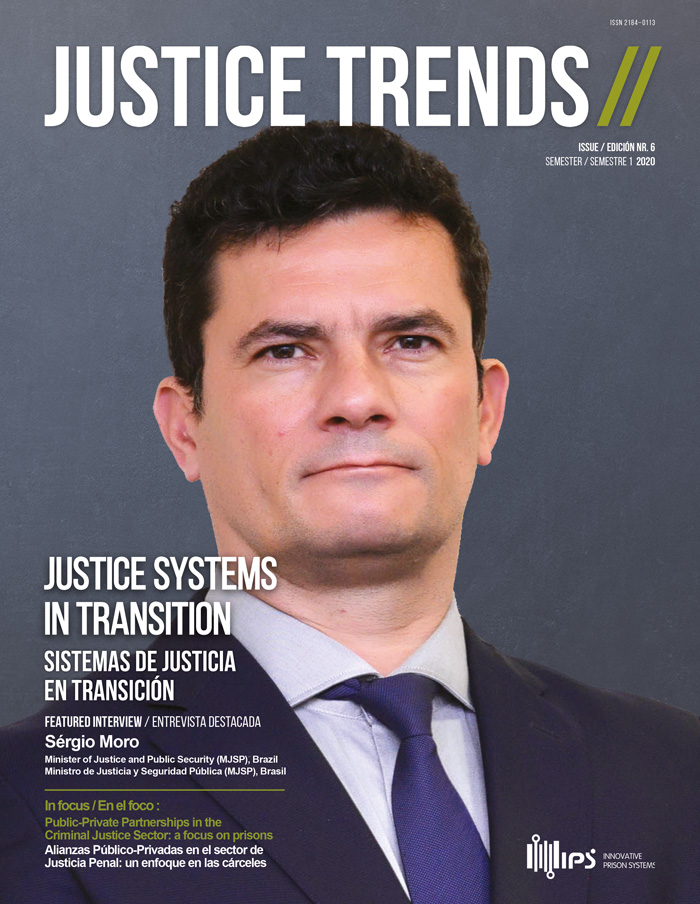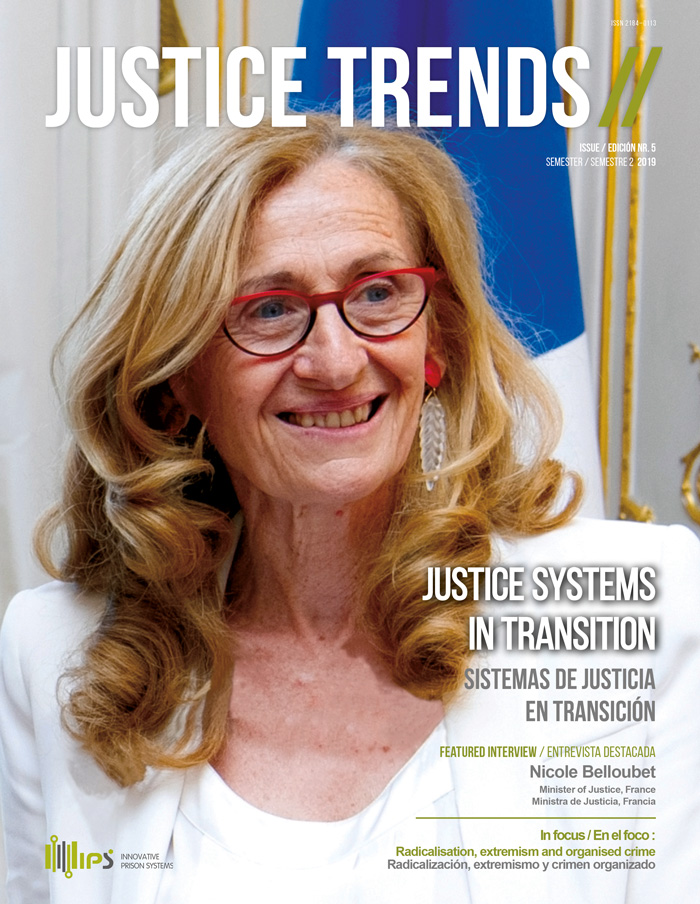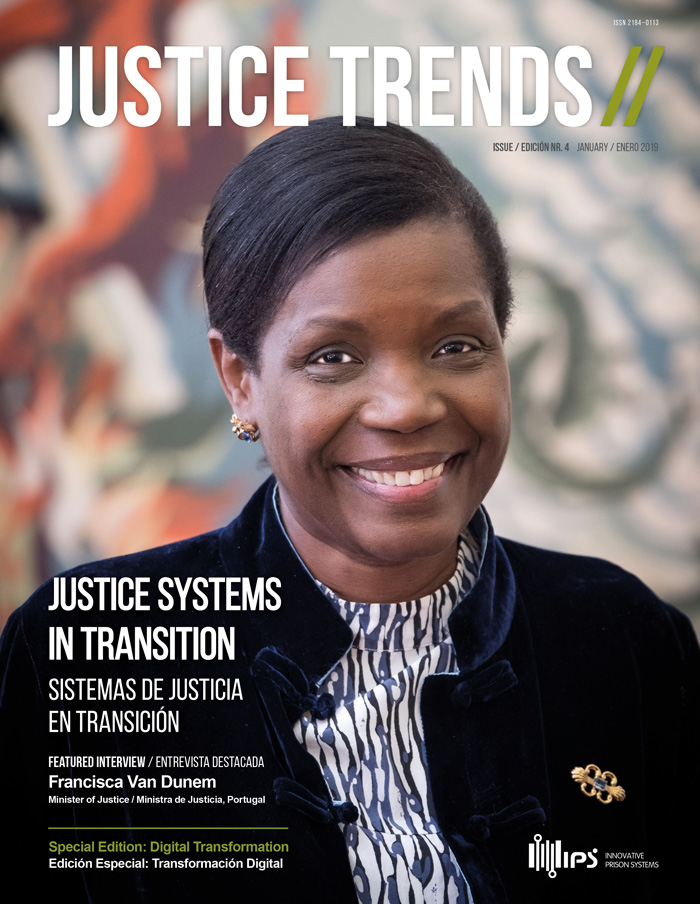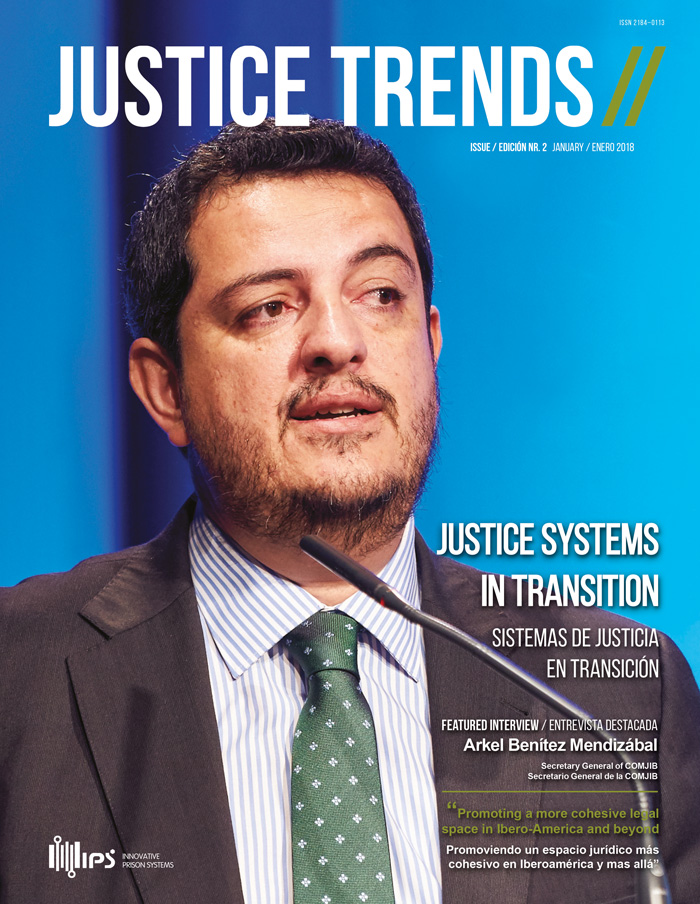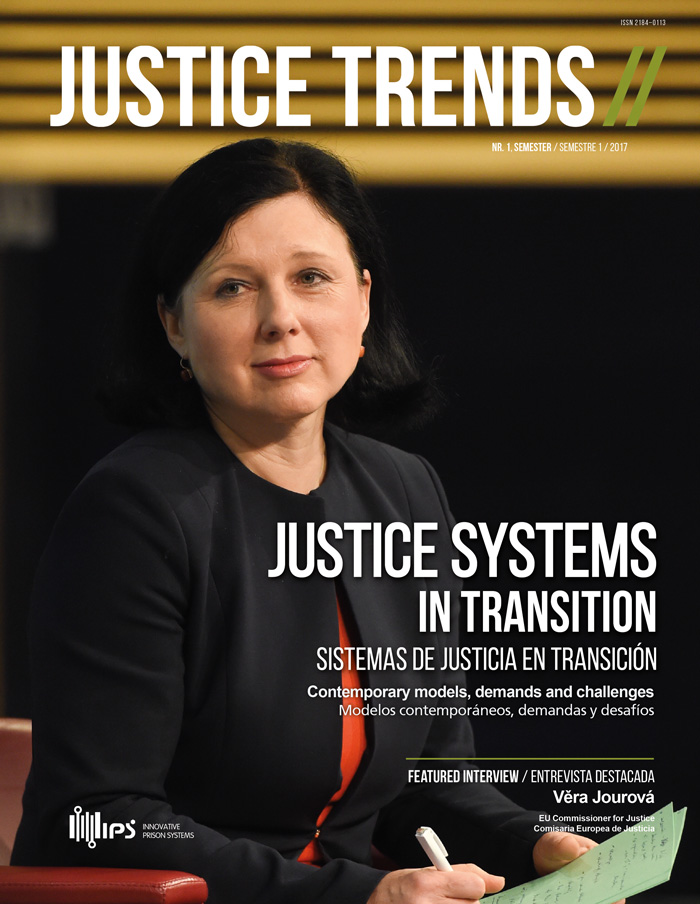Salome Muhia-Beacco, Principal Secretary for the State Department of Correctional Services, Kenya Read More
Heidi Washington, Director of the Michigan Department of Corrections, USA Read More
James Bonta, Ph.D. (Clinical Psychology), Co-author of “The Psychology of Criminal Conduct” (RNR model), Canada Read More
Gabriela Slováková, Director-General of the Probation and Mediation Service Czech Republic
Read More
Viorel Sochircă, Director of the National Probation Inspectorate of Moldova Read More
Jessica Borg, Chief Psychologist and Director Programmes at New Zealand's Department of Corrections Read More
Chris Hill, Chief Executive Officer, CORCAN Read More
Sahakarn Petchnarin, Director-General of Thailand’s Department of Corrections Read More
Emma Regan, President of the International Association for Correctional and Forensic Psychology (IACFP) Read More
Toon Molleman, Deputy Director, Division of Prisons and Foreigner Detention, at the Dutch Custodial Institutions Agency, The Netherlands Read More
Ioana Morar, Deputy Director-General, Romanian Prison Administration Read More
Ananda Chalegre, Director-General, Paraná State Penal Police Department, Brazil Read More
Fergus McNeill, Professor of Criminology & Social Work, University of Glasgow, UK Read More
Read the full latest edition
The 14th edition of JUSTICE TRENDS magazine explores how innovation is shaping the future of rehabilitation in prison and probation systems.
Through specialist articles and in-depth interviews with decision-makers and leading experts, we examine how administrations are adopting practical, research-informed solutions: embedding evaluation into everyday work, creating fair and supportive environments, developing personalised pathways using data, and investing in education and skills through technology.
We also look at how approaches, such as restorative justice and stronger community involvement, are gaining ground as part of a broader shift towards more effective and lasting change.
Articles
Claire Machan, Inês de Castro and Ana Rita Pires from IPS_Innovative Prison Systems explore the frontiers of rehabilitation support, including new evidence-based assessment tools, VR-enhanced training, and leveraging AI-powered data analysis. Read More
In this article, Sarah Spence from MHS examines how technology can transform correctional education, addressing challenges of funding, access, and security while equipping justice-involved individuals with essential digital skills for reintegration. Read More
In this article, Pedro das Neves, CEO of IPS_Innovative Prison Systems, examines how AI can support corrections, the obstacles it may face, and the steps needed to ensure its use is ethical, inclusive, and evidence-based. Read More
Explore how the current landscape underscores the needs and challenges faced by victims, communities, and justice systems, and why adopting a restorative-centred approach to justice is crucial in addressing cases of hate and extremism. Read More
Read about Namibia’s Correctional Service (NCS) partnership with Telio Group to pilot a supervised telephony system at Windhoek Correctional Facility, in this article written by Dave Lageweg from Telio, and Raphael T. Hamunyela, the Commissioner-General of the Namibian Correctional Service. Read More
Self-harm and suicide are pressing issues in prisons worldwide. This article explores why addressing these challenges must be a core priority for correctional systems, not only to safeguard mental health, but also to support meaningful rehabilitation. Read More
Editorial
Pedro das Neves
Founding Director & Chief Editor
JUSTICE TRENDS Magazine
In this edition of JUSTICE TRENDS, we explore pioneering approaches that move beyond traditional boundaries in corrections. We look at how secure and stable environments, structured models like RNR, and modern tools – including AI-enhanced Offender Management Systems – can foster trust, stability, and meaningful rehabilitation. Thought leaders in the correctional space share insights on the importance of evidence-informed practice, avoiding what we know doesn’t work, and adapting strategies to individual needs. True progress depends on systemic integration, cross-sector collaboration, and community involvement to achieve lasting change and strengthen public safety. Read More
Experts' Panel
Innovation in Rehabilitation
In this article, Frank J. Porporino, Ph.D., draws on nearly 50 years of experience in corrections to explore what truly works best in correctional practice and why getting it right matters more than ever. Read More
Explore the effectiveness and evolving practices in offender rehabilitation, drawing on international perspectives to assess what works, and examine approaches to supporting reintegration and desistance from crime. Read More
Spotlight: Innovation in Practice
The detention house project represents a fundamental switch in the Belgian penal landscape. Learn more from two leaders at the front of this project. Read More
Discover how the Michigan Department of Corrections fostering long-term success after release through an Vocational Village concept. Read More
In this case study, discover interLIFT, a highly scalable treatment delivery model created to bridge the gap between rehabilitation ideals and institutional constraints. Read More
Reactive aggression is a common challenge in criminal justice, and VR solutions are emerging as innovative tools for rehabilitation. Read More
Learn more about the journeys and contributions of remarkable leaders
in the Criminal Justice field worldwide
Blog
In early October 2025, Belgium (SPF Justice/FOD Justitie) frontline officers, prison directors, and the Director General of the Prison Service stood together in a strong public appeal to stop overcrowding. In a sector that too often treats silence as professionalism, Belgium has reminded us that accountability can look like courage. Read More
This article by Ximena Scarpato addresses the current prison emergency in Argentina and its impact on social reintegration, based on her professional experience in a federal male prison. Read More
A work experience with the organisation Health through Walls in prisons in Mozambique, addressing tuberculosis screenings supported by AI and the public health challenges in contexts of deprivation of liberty. Read More
This article highlights the EU’s promotion of alternatives to detention through key Framework Decisions, while stressing the important role of probation officers in applying these measures through their assessments and recommendations. Read More
This article explores postcolonial perspectives on prison systems in former Western colonies, focusing on the Philippines. It traces the evolution of carceral institutions shaped by colonial histories and highlights a prison in Bohol to examine postcolonial transformations and efforts to decolonize ideas of imprisonment. Read More
Custodial facilities worldwide are faced with similar challenges in managing fire safety, with deliberately started fires, staffing shortages, smoke spread and attempts to tamper with equipment amongst the problems faced. To address these challenges, Hydramist developed a range of water mist fire protection solutions specifically for the custodial sector. Read More
Drawing on practitioner insights from across Europe, this article highlights current barriers to effective victim support in cases of hate and extremism, and outlines practical steps towards more coordinated and inclusive responses. Read More
This agreement supports JUSTICE TRENDS Magazine’s commitment to informing the corrections community about trends, challenges, and best practices, and offers both organisations new ways to contribute to meaningful progress in the field. Read More
Saprea, a nonprofit focused on ending child sexual abuse, has partnered with Edovo to provide a ten-lesson healing course for incarcerated survivors. The course helps survivors understand the long-term effects of abuse and develop coping strategies for trauma recovery. Read More
DIGICOR International Conference
Working together to support digital transformation in prisons
In the framework of DIGICOR Digitalisation in Corrections towards Recidivism Reduction, experts from various domains discussed issues such as Digital Innovation in prisons, AI, machine learning, and shared their unique perspectives and approaches to shaping the future of inmate reintegration supported by innovative digital solutions.
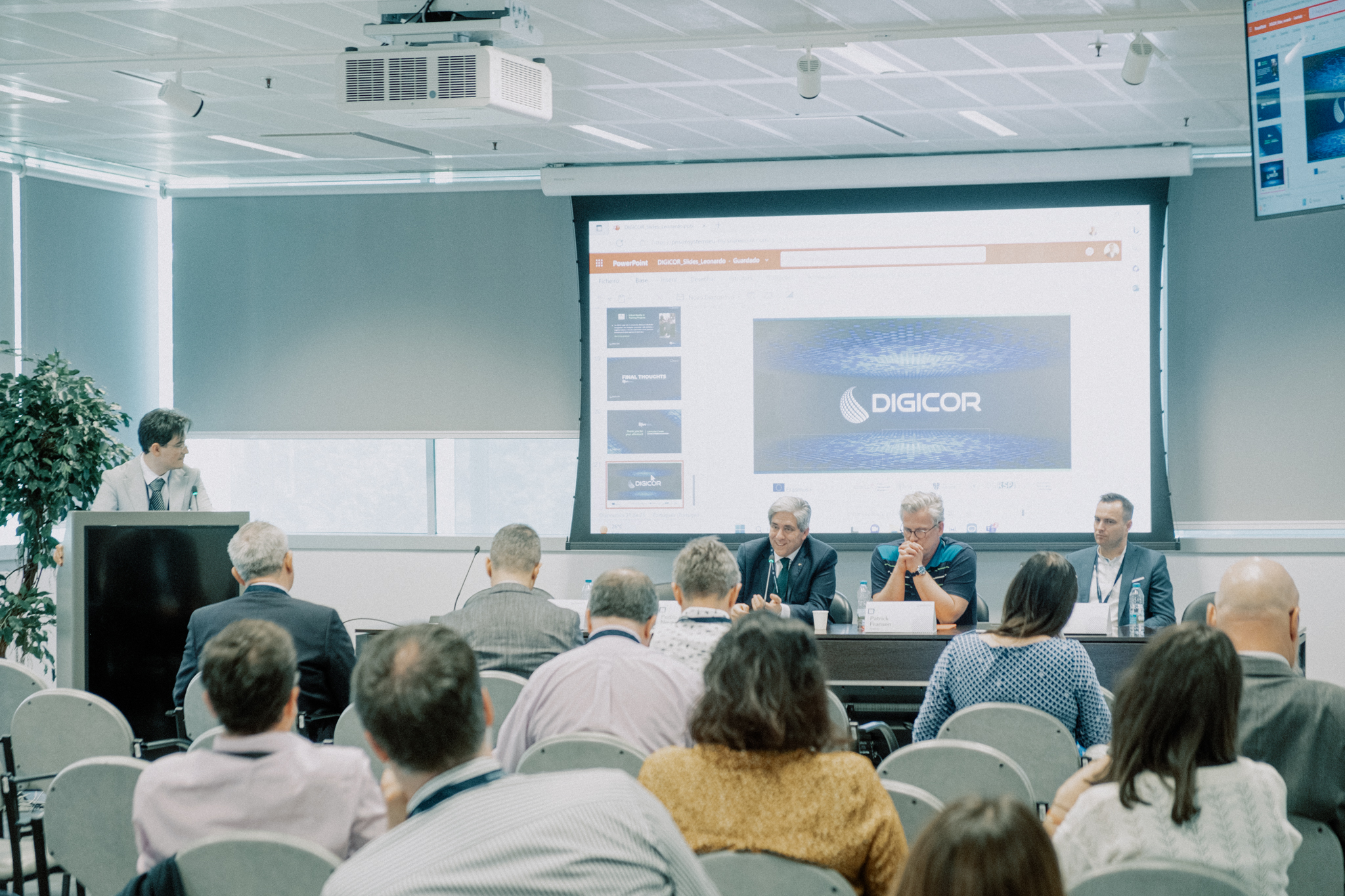
Hot topic: Correctional Staff Training & Development
Expert insights on the importance of updating and harmonising training for prison officers
Pedro das Neves, CEO of IPS_Innovative Prison Systems, unveils the PO21 project’s vision for the future of Prison Officer training at the PO21 Final Conference in Lisbon Read More
Explore all JUSTICE TRENDS Magazine issues
Since edition No. 1, in 2017, we’ve published more than 350 exclusive interviews, featured articles and case studies.
Navigating the website is easy and intuitive but if you want to read offline you also have the flipbook version.















